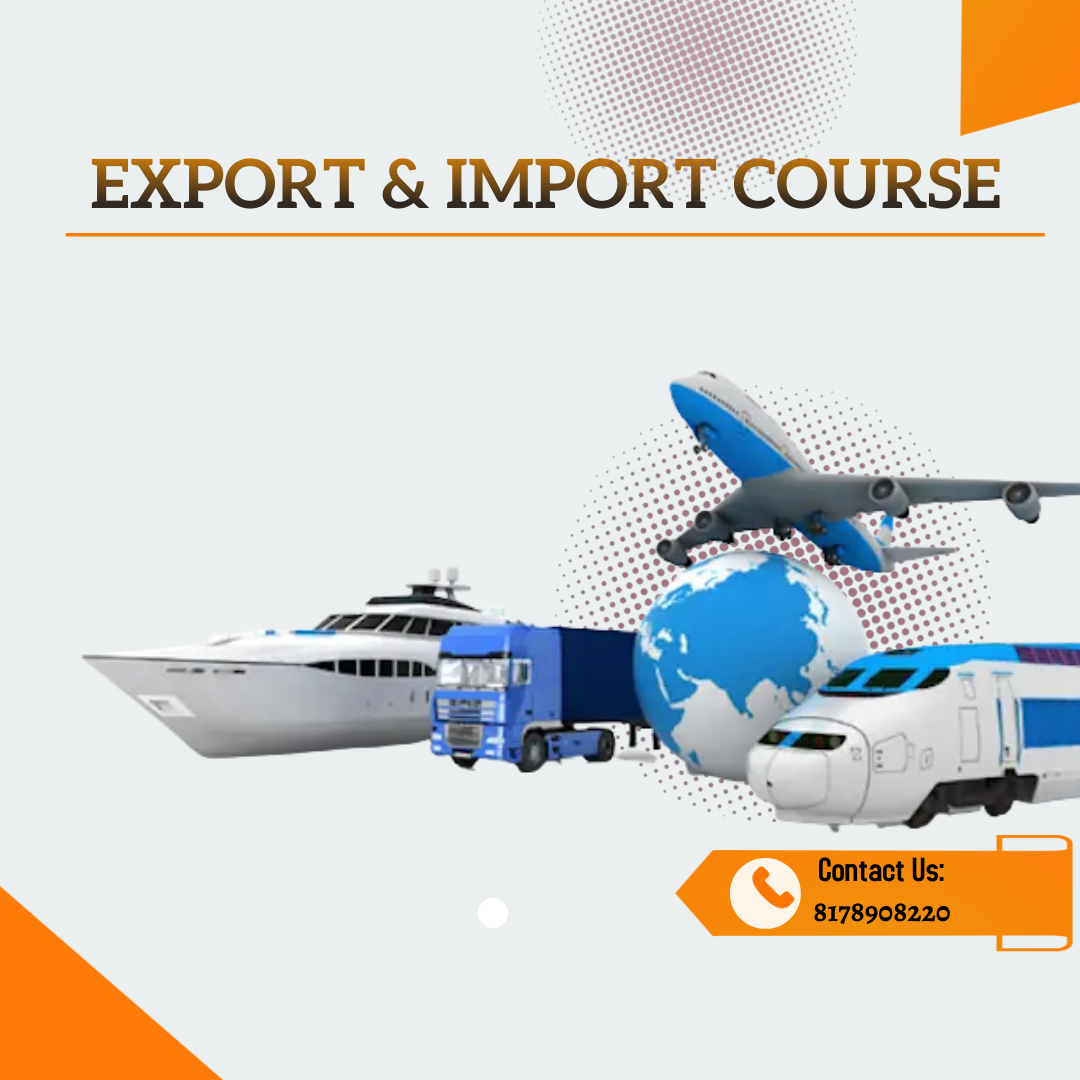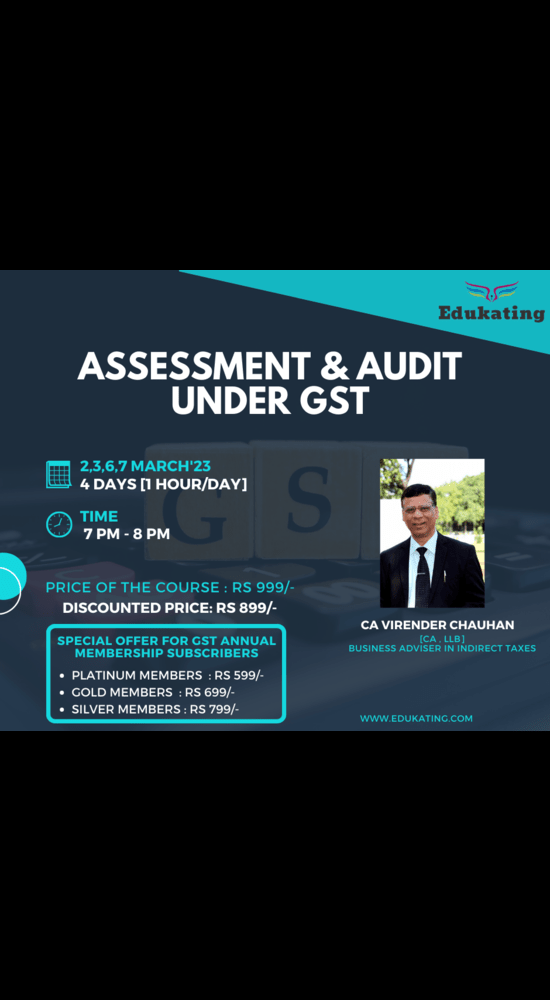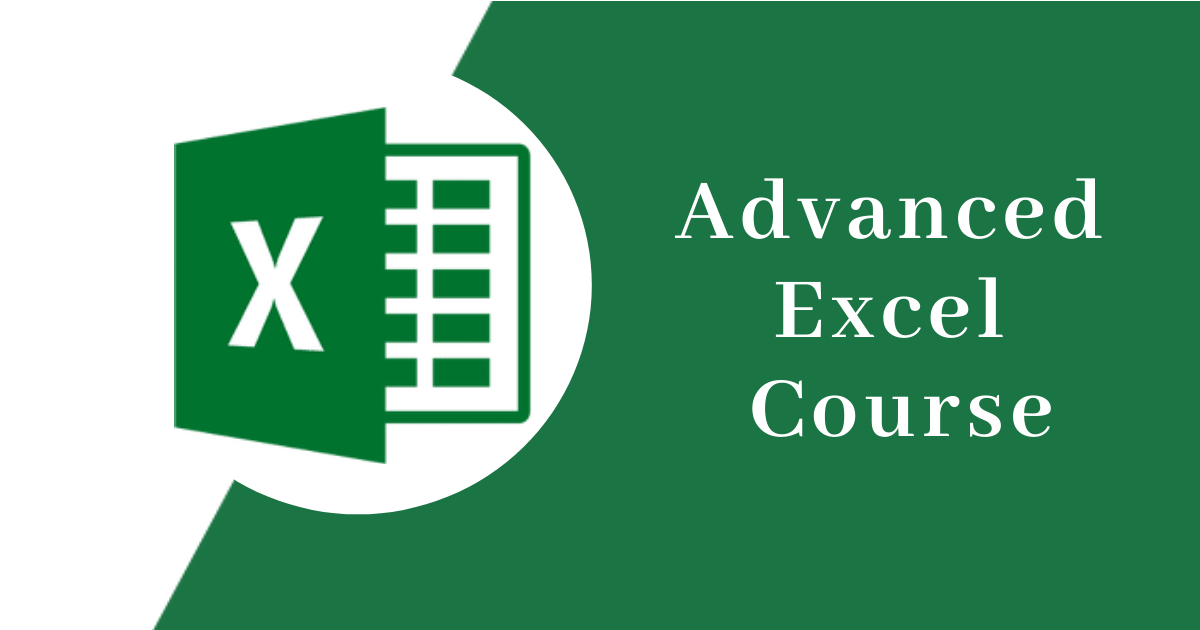TIME OF SUPPLY OF GOODS [SECTION 12]
Introduction
Time of supply is a relevant measure under the GST law for every transaction entered into by the supplier of goods and services. It means the point in time when the liability to pay tax arise.
Time of supply in case of Goods
A. Where supplier is liable to pay tax under forward charge under Sec 12(2) of CGST Act
- Actual date of issue of Invoice or
- Due date of Issued of Invoice *
Whichever is earlier
One important point to be taken into consideration that advance received in respect of supply of goods is not liable to be taxed at the time of received as provided under Notification number 66/2017 dated 15/11/2017. Therefore, the date of receipt of payment in respect of supply of goods shall not be relevant for determining the time of supply.
B. Where recipient is liable to pay tax under Reverse charge under Sec 12(3) of CGST Act
- Date on which goods are received
- Date of payment [Earlier of payment record in books of account or the date on which same is debited in his bank account]
- 30th day from the date of issue of invoice or other document by supplier
Whichever is earlier
What is the Due Date of Invoice?
Section 31 provide Due Date of Invoice
- Where supply involve movement of goods - The invoice need to be issued either before or at the time of removal of Goods.
- Where supply involve no movement of goods – The invoice need to be issued at delivery of goods or making goods available to recipient.
- Where continuous supply of goods – The invoice need to be issued before or at the time of issuance of periodical statement or receipt of periodical payments.
- Where goods send on approval basis – The invoice need to be issued before or at time of supply or 6 month from the date of removal, whichever is earlier.
* Excess payment up to Rs.1,000: Option of taking invoice date of supply. -
Payment of up to Rs.1,000 received in excess of value of supply of goods invoice, The supplier can choose to take the date of invoice issued with such excess amount as the time of supply of goods for such excess value.
Examples
Time of Supply of goods if supply involve movement
Q1. A machine is supplies at site. It’s done by sourcing various component from vendors and assembling at site. Others details of various events are:
- On 17th September purchase order with advance of Rs 50,000 is received for goods worth Rs 12,00,000.
- On 20th October machine is assembled and accepted by buyer
- On 23rd October invoice is raised
- On 4th November balance payment received Rs 11,50,000.
What is the time of supply?
Answer – Time of Supply in case of good in forward charge
- Actual date of issue of invoice, here actual date of issue of invoice is 23rd October.
- Due date of issue of invoice, here due date of issue of invoice which is provided by Section 31. * Here supply involves movement so due date of invoice is either before or at the time of removal of Goods. i.e 20th October.
- Therefore, due date of Invoice is earlier of 23rd October or 20th October Hence Time of supply is 20th October for entire amount i.e Rs 12,00,000. There is no GST will be payable on advance.
Time of Supply of goods in case of continuous supply
Q2. Gas is supplies by a pipeline. Monthly payments are made by the recipient as per contract. Every quarter invoice is issued by the supplier by a statement of the goods dispatch and payment made and recipient has to pay differential amount. The details of various events are
- On 5th August / 5th September / 6th October Payment of Rs.2,00,000 made in each month
- On 3rd October statement issued by supplier with Invoice for the quarter July – September
- On 17th October Differential payment of Rs.60,000 received by supplier for July – September Quarter.
Determine Time of supply?
Answer – Time of Supply in case of good in forward charge
- Actual date of issue of invoice, here actual date of issue of invoice is 3rd October.
- Due date of issue of invoice, here due date of issue of invoice which is provided by Section 31. here continuous supply involved so due date of invoice is issuance of statement or receipt of payments here date of issuance of statements are 3rd October or receipt of payments as on 5th August, 5th September and 6th October respectively
- Therefore, due date of Invoice is earlier of 3rd October or 5th August, 5th September and 6th October respectively
- Hence Time of supply is 5th August and 5th September for Goods value Rs.2,00,000 each.
- Time of supply is 3rd October for remaining Rs.2,00,000.
- Time of supply is 3rd October for deferential payment of Rs.60,000. *(Date of issuance of invoice)
Time of Supply of goods in case of Supplies cover under RCM
Q3. Determine the time of supply of goods if goods covered under RCM
- On 4th May supplier issue invoice to A Ltd
- On 12th June A Ltd received the goods
- On 3rd July payment made
Answer – Time of supply earlier of
- Date of receipt of goods i.e 12th June
- Date of payment i.e 3rd July
- 31st Day form issue of Invoice i.e 4th June
Therefore time of supply is 4th June.
Q4. Furniture Mart Pvt ltd enters into a contract for supply of 100 chairs @ INR 20,000 with Daera Pvt Ltd on 21st August. Chairs are removing from warehouse of furniture mart on 5th September along with Invoice on such date. Daera Pvt Ltd has paid 30% of total contract value on 21st August and balance 70% is paid after delivery of chairs on 10th September. What is the time of supply?
Answer - Here Invoice is issued on the date of removal of goods, it is issued within time the prescribed time time*limit hence time of supply for entire contract value of Rs.20,000 is the date of Invoice i.e 5th September. No GST will be payable on advance of Rs.6,000 received on 21st August.
DISCLAIMER
The views expressed in this article are those of individual author’s writing in his individual capability only. The information provided in this article does not intend to constitute legal advice, instead all the information, content, and all the materials available in this article are for general purpose only. Readers of this article should contact their attorney to obtain advice with respect to any particular legal matter.























































